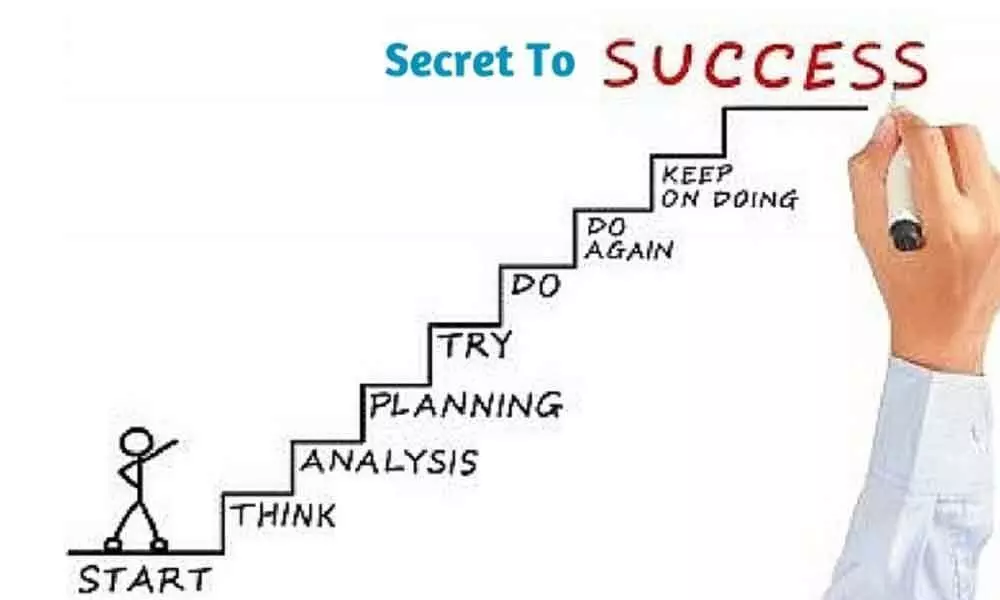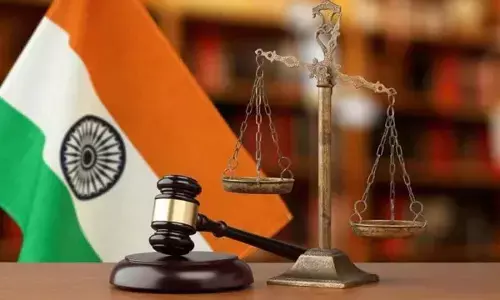How to start preparation for UPSC?

A goal without proper planning remains a mere dream. It is also true in case of civil services. Civil service exam being the toughest exam in the country require more than just preparation.
A goal without proper planning remains a mere dream. It is also true in case of civil services. Civil service exam being the toughest exam in the country require more than just preparation. It requires what is called 'strategy plus preparation'.A good strategy makes a thin line of separation between aspirants and smart aspirants. The later become more productive with fewer inputs where the former are less productive with more inputs. Underlying the basic philosophy of civil service exam aspirants must have to understand, plan and execute that plan properly for qualifying civil services. GS SCORE has helped thousands of aspirants in designing their dreams and converting them into realities. The credibility and reputation that the institute has built over years is a landmark milestone in itself as the institute believes in serving the candidates on individual basis for proper guidance, teaching and counseling apart from the class lectures, group discussions, and mock tests.
UPSC Civil Services Exam (CSE) consists of 3 stages: 1)Preliminary Exam (objective) 2) Main Exam (written) 3) Interview (personality test). The Civil Services exam conducted by UPSC is one of the most prestigious exams of the country. Every year, thousands of candidates work hard to clear the exam, but only a few lucky ones get through. Aspirants who are confused about how to start preparations for UPSC should follow the below:
n Keep the syllabus to your heart and mind. An accurate understanding of the nature, clarity, and scope of the syllabus is crucial for good preparation. It helps in understanding what to read and what not to read. The questions asked in the exam are always within the syllabus and hence keeping close eye on syllabus is very fundamental to UPSC preparation.
n Before you start your UPSC exams preparation a smart strategyneeds to be scripted dovetailing the details of each step that you have to go through in the journey to civil service. A proper strategy is an extensive plan about what you are doing, how you are doing it and what resources you need to do it.
n Choosing study material for UPSC preparation is not a simple task and requires larger guidance which GS SCORE provides free of cost. It is always a good idea to begin preparation by getting subject fundamentals in place. The best source to get clarity and a good hold on various subjects are NCERT books (Class 6 - Class 12). To develop on the fundamental, the aspirants have to work in tandem with the need for the UPSC exams and the analysis provided by GS SCORE faculty on the three-tier exams is game changer for aspirants.
n Not Rigorous studies but smart studies are what require for UPSC exam. What does a smart study mean? It means understanding the nerve of the exams and adjusting to it accordingly. Reading the stuff that is important for the exam smartly is the core principle of smart study.
n Stay updated with what is going around in the world. Current affairs and contemporary issues are, in fact, the dynamic areas in all the syllabus topics. Read one national newspaper say, for instance, The Hindu or Indian Express dailyand keep adding the current developments to the all topics given in syllabus. You also need to read some special magazines to cover some special portions of the syllabus e.g. World Focus for IR.
n Aspirants must go through previous years' question papers. It helps in determining the type of questions and also in identifying the best source of reading material. An analysis of previous years' papers helps in putting the syllabus in a better perspective, by highlighting the area from which more questions have been asked.
n Bring diversity in your study. Touch all the dimensions of the topics you study.
n The usability of the information that you get from books or newspapers is a crucial step in UPSC preparation. You must be smart enough to fit a piece of fact or information is the best way.
n The Internet helps in keeping updated with whatever is happening around. However, the usability of Internet is one thing that aspirants should learn for making useful value additions to their preparation.
n Make short notes after reading a topic three times as they will serve as oxygen canister to you during exam days.
n Look for keywords during preparation as well as during writing the exam. For example, every question would have a question tag such as "critically analyze", "discuss", "elaborate", "comment", etc
n Practice tests come in handy for candidates. These practice tests not only help all candidates – be they fast or slow-paced, in preparing for the mains, but also help in learning time management.Practice writing on a daily basis. Pick up an editorial from a newspaper or a topic from the syllabus and frame a question on it and write its answer.
n Coaching is dependent on a person's ability to learn and gain knowledge. If a person is able to study himself there is no need for coaching or else it provides you basics to start the preparation. Based on the data available with many coaching centers it is said that 90% candidates who qualified civil service till 2018 have opted coaching at different stages. Why do aspirants need to experiment at first place if they have to just qualify an examination to become civil servants? The aspirants even after years of self-study can't beat a subject matter expert. It is recommended to pursue coaching but doesn't rely only on this.
n That last but not the least is that proper care for your health must be a part of your IAS/IPS strategy. One must do exercises or go to gym in the mornings or evenings to remain healthy as well maintain higher concentration during study hours.
(The author is faculty at GS Score, New Delhi)








